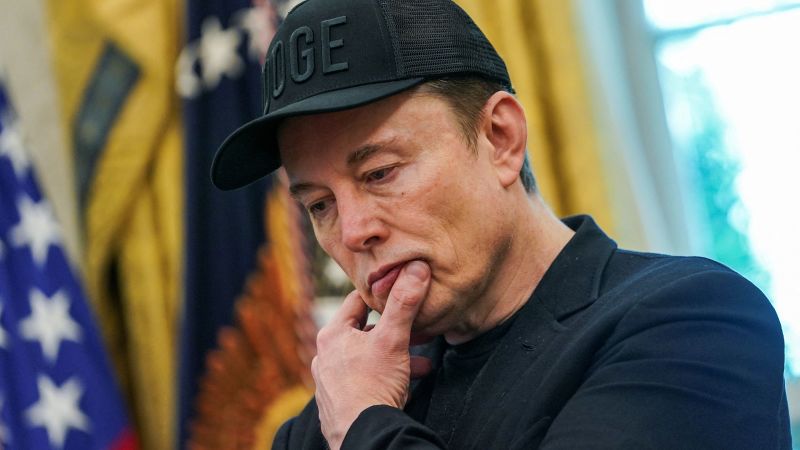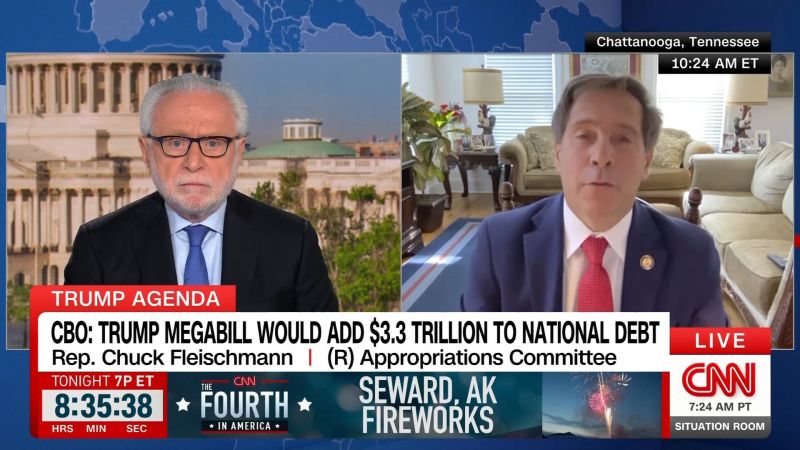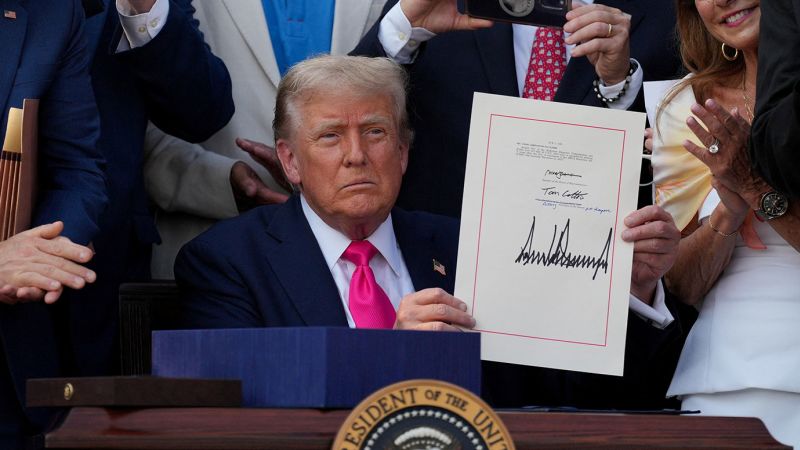Elon Musk Proposes New Party, Signals Fracture in Trump Coalition

The relationship between Donald Trump and Elon Musk has taken a dramatic turn, with Trump now viewing Musk as an “off the rails” figure. This shift comes as Musk announces plans to fund a new political entity called the “America Party,” diverging from Trump’s Republican Party. Political experts are examining the implications of this well-funded alternative party and what it could mean for the future of American politics.
To gain insight, I spoke with John Kenneth White, a professor emeritus of politics at Catholic University and author of several books on American political parties. He offered his perspective on the potential impact of Musk’s initiative and the growing dissatisfaction with both major political parties.
Wealthy Influence and Political Discontent
Professor White emphasizes that the current political landscape is increasingly influenced by wealthy individuals, like Musk. “If they become dissatisfied, as Musk has clearly become dissatisfied with Trump, then you get this situation where he can say, ‘I’m going to withhold my money from Republican candidates,’” White explained. This move could significantly impact the Republican Party, potentially swaying election outcomes.
He points out that American voters have been expressing dissatisfaction with both parties for years. This sentiment has intensified since the emergence of the Tea Party in 2010, which sought to challenge the status quo. Musk’s initiative could resonate with voters who are searching for a viable third option, despite historical challenges faced by such movements.
Historical Context and Third-Party Dynamics
Third parties have a complex history in the United States, often arising during periods of political discontent. The Bull Moose Party and the Dixiecrats are just a couple of examples where splinter groups emerged. White draws parallels to Ross Perot, a wealthy figure who capitalized on dissatisfaction with the political establishment in the 1990s.
While Perot leveraged his wealth to draw attention to issues like deficit spending, Musk appears to be tapping into similar frustrations regarding national debt. However, White cautions that third parties typically struggle to maintain momentum. “Third parties historically burn brightly for a moment or two, and then they fade,” he noted, highlighting the challenges Musk may face.
Fracturing of Trump’s Coalition
The political landscape is further complicated by the fracturing of Trump’s coalition. White suggests that this could provide Musk with an opportunity to attract disillusioned voters. He draws a historical parallel between Trump and former president Grover Cleveland, whose coalition also began to unravel during his second term.
Trump’s base, which initially included a significant Hispanic population, is showing signs of discontent, particularly concerning immigration policies. Musk’s attempt to form a new party could be seen as an effort to capture this disaffected group, although his erratic nature raises questions about the stability of such a movement.
Musk’s Unconventional Strategy
Musk’s political ambitions appear to be driven by a desire to address the national debt, an issue both parties often avoid discussing. As the Social Security and Medicare trust funds face financial challenges, Musk’s focus on fiscal responsibility may resonate with some voters. However, White argues that Americans are generally supportive of key government programs, complicating Musk’s narrative.
Moreover, Musk’s political stance is characterized by contradictions, such as his reliance on government subsidies for his electric vehicle company while supporting an anti-immigrant agenda. White warns that Musk’s unpredictable nature could hinder his ability to build a cohesive political movement.
Ultimately, Musk’s strategy appears to involve targeting specific races and influencing partisan outcomes. Given the narrow margins in both the House and Senate, his financial backing could make a significant difference in key electoral contests. Yet, White emphasizes that without a strong underlying idea or popular support, Musk’s efforts may struggle to achieve lasting impact.
As the political landscape continues to evolve, Musk’s emerging party could represent a significant shift. The success of the “America Party” will depend on Musk’s ability to unite disenchanted voters while navigating the complexities of American political dynamics.






